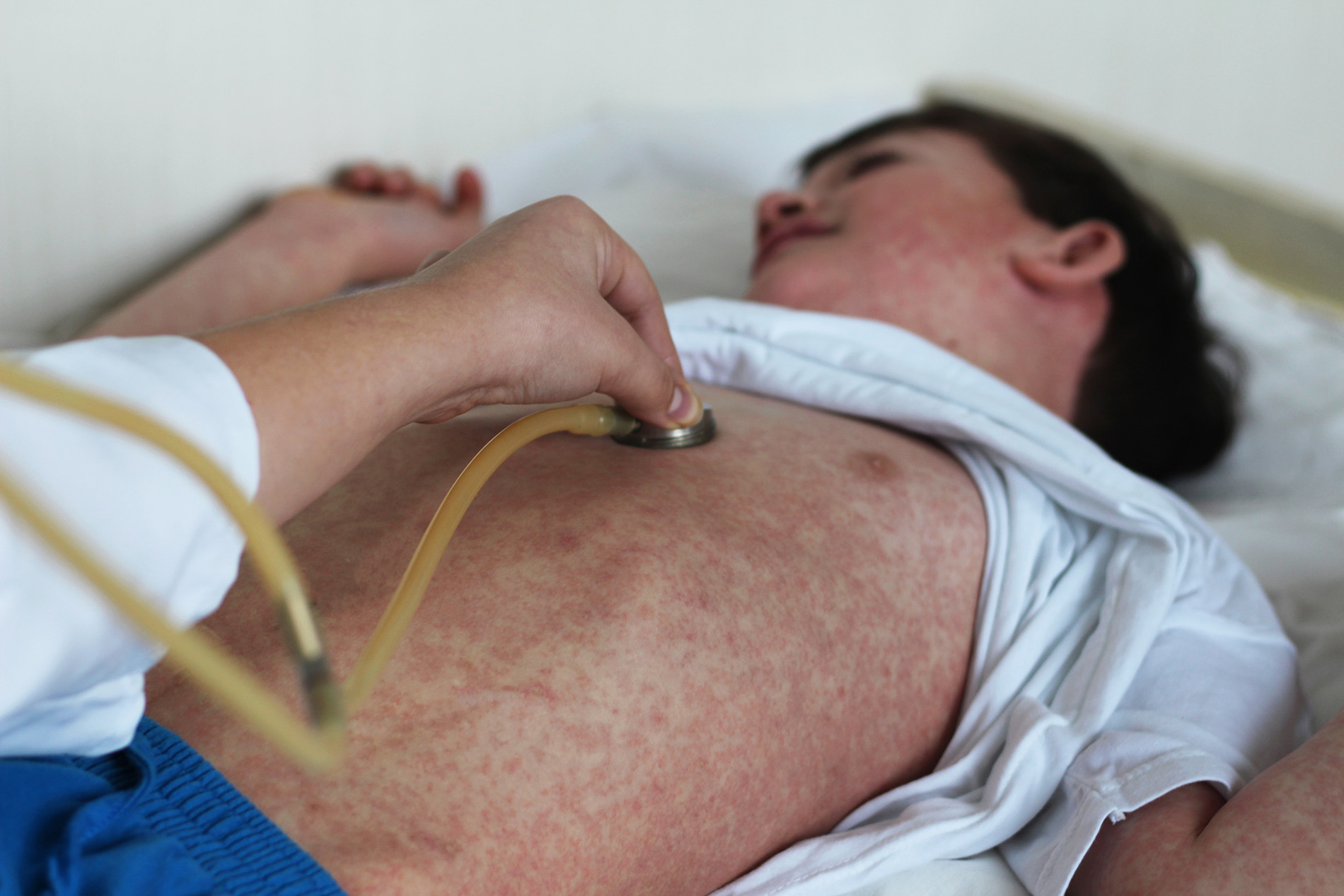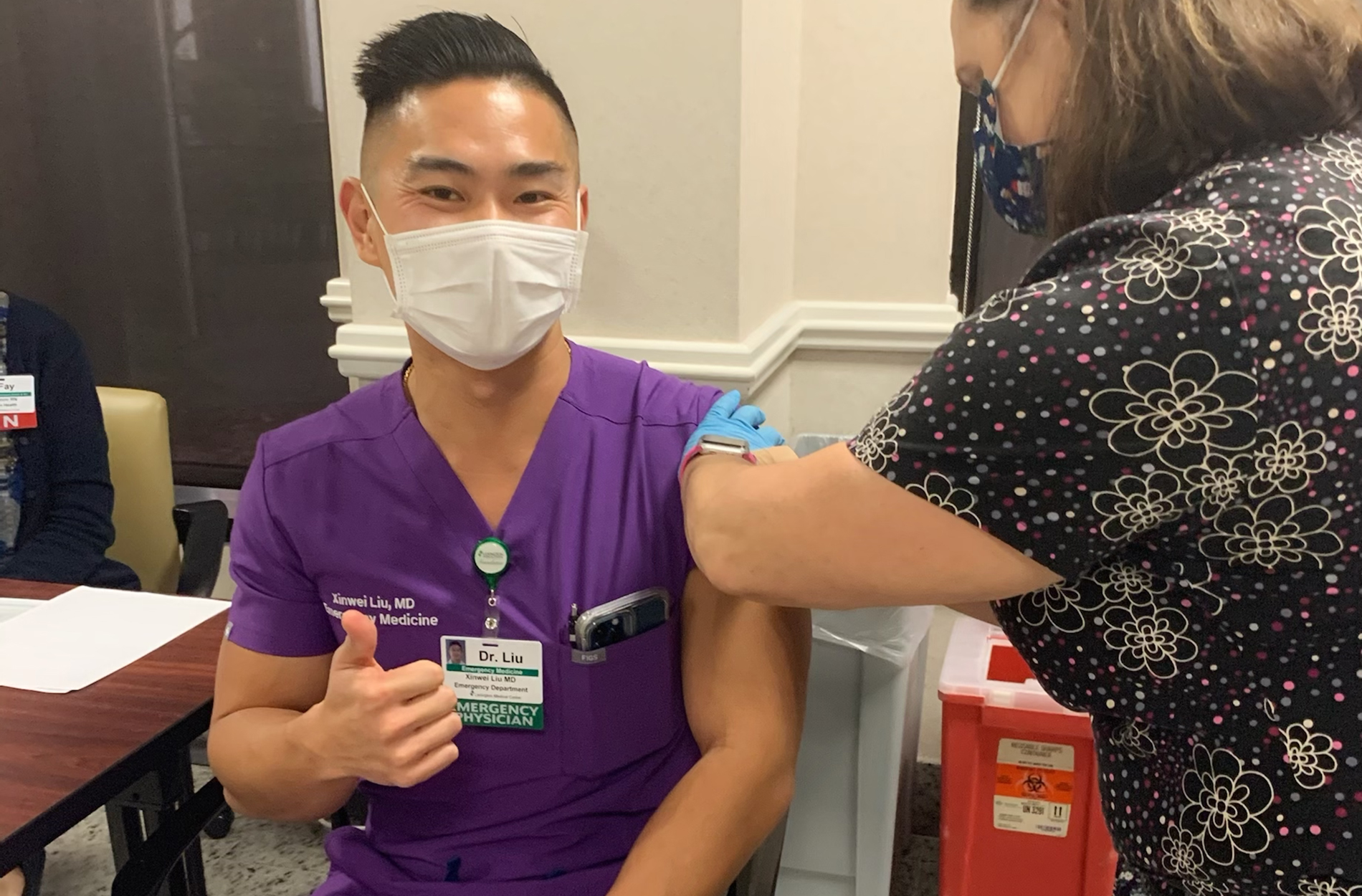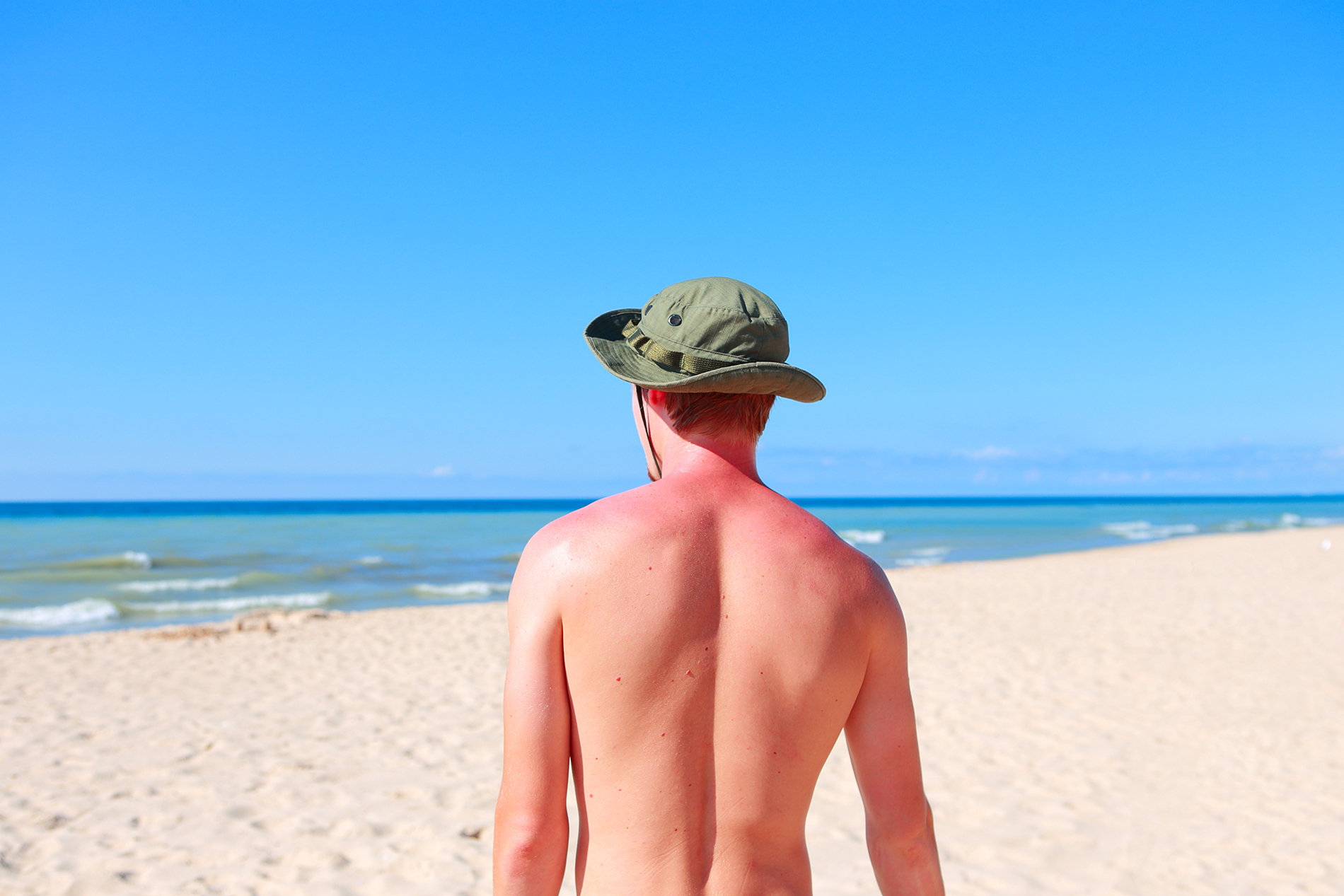Though once on the brink of eradication in the United States, measles cases have ticked upwards in recent years, concerning parents and health experts.
Understanding Measles
The measles virus causes symptoms such as fever, cough, runny nose, sore throat, and characteristic red rash. While most people recover within a few weeks, measles can lead to severe complications, particularly in vulnerable populations such as young children, older adults, and individuals with compromised immune systems. These complications include pneumonia, encephalitis (swelling of the brain), and even death.
Why Are Cases Increasing?
Several factors have contributed to the resurgence of measles:
- Decline in Vaccination Rates: One of the primary reasons behind the resurgence of measles is a decline in vaccination rates. Vaccination against measles, mumps, and rubella (MMR) is highly effective and is typically administered in childhood. However, misinformation and vaccine hesitancy have led to inadequate vaccination rates in some communities, creating pockets of susceptibility where the virus can spread rapidly.
- Travel: Measles outbreaks in other parts of the world can also contribute to its spread in South Carolina. As a highly contagious disease, travelers can easily carry the virus, which can spread within communities with low vaccination rates.
- Lack of Awareness: Some individuals may need help understanding the severity of measles to appreciate the importance of vaccination.
What You Can Do To Prevent Measles
The Centers for Disease Control and Prevention recommends parents and international travelers take these steps to avoid getting measles:
- Even if not traveling, ensure that children receive all recommended doses of MMR vaccine. Two doses of MMR vaccine provide better protection (97%) against measles than one dose (93%). Getting MMR vaccine is much safer than getting measles, mumps, or rubella.
- Anyone who is not protected against measles is at risk of getting infected when they travel internationally. Before international travel, check your destination and CDC’s Global Measles Travel Health Notice for more travel health advice, including where measles outbreaks have been reported.
- Parents traveling internationally with children should consult with their child’s healthcare provider to ensure that they are current with their MMR vaccinations at least 2 weeks before travel. Infants aged 6 to 11 months should have one documented dose and children aged 12 months and older should have two documented doses of MMR vaccine before international travel. Depending on where you are going and what activities you plan, other vaccines may be recommended too.
- After international travel, watch for signs and symptoms of measles for 3 weeks after returning to the United States. If you or your child gets sick with a rash and a high fever, call your healthcare provider. Tell them you traveled to another country and whether you or your child have received MMR vaccine.

Lauren Shull Matthews, MD, FAAP, Lexington Pediatric Practice






Leave a comment